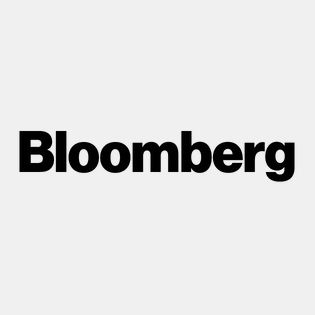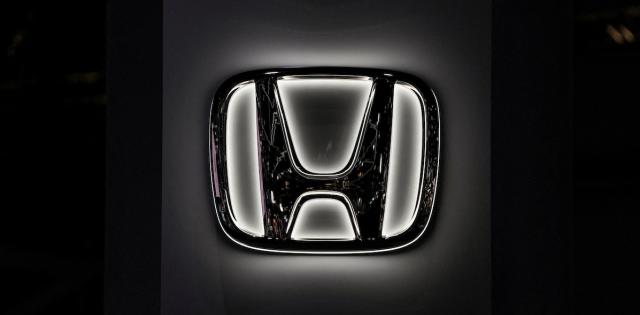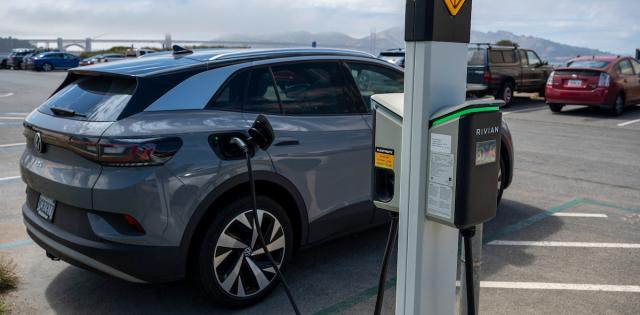The article below is sourced from Bloomberg Wire Service. The views and opinions expressed in this story are those of the Bloomberg Wire Service and do not necessarily reflect the official policy or position of NADA.
Porsche AG warned that inflation is increasingly putting a damper on car buying.
Consumers are growing reticent because of high interest rates, Porsche’s Chief Financial Officer Lutz Meschke said Wednesday. He also flagged issues in the company’s biggest market China, saying the economy there will remain challenging next year.
Porsche declined as much as 1.7% in Frankfurt, reversing earlier gains. The stock has slipped since its blockbuster listing September last year as economic uncertainty and inflation threaten sales in Europe and China, where deliveries slumped 12% in the first nine months of the year.
“In 2024, we expect a challenging year due to the geopolitical situation and the economy in China,” Meschke said on a call with reporters discussing the company’s nine-month results.
The company also said demand for its cars remains strong, and more customers are adding lucrative exclusive features to their vehicles. It stuck to its earnings outlook for the year after robust sales of high-margin models including its 911 sports car helped offset the issues in China.
Porsche executives traveled to the Asian country this month to speak with dealers and reiterate the company’s focus on keeping prices stable instead of chasing volumes, Meschke said.
Meanwhile, luxury-car makers including Mercedes-Benz Group AG have expressed concern that a European Union probe into Chinese EV subsidies will weigh on business with the Asian country. Porsche is firmly opposed to any move limiting free trade, the CFO said.
The carmaker plans to launch an all-electric version of its Macan sport utility vehicle next year, followed by battery versions of the 718 roadster, the Cayenne and a top-end luxury SUV. Preparing new vehicles pushed costs higher, Meschke said, adding that the company spent a record €3 billion on research and development in the first nine months of the year.
Earlier this month, the company flagged robust pricing and improving availability of its mainly combustion-engine Cayenne SUV. Deliveries of Porsche’s only electric car, the Taycan, rose 11% in the the period.
The German manufacturer still expects return on sales of as much as 19% this year based on revenue of as much as €42 billion, and aims for more than 80% of all new deliveries to be all-electric in 2030.
Porsche’s parent Volkswagen AG last week reported weaker-than-expected third-quarter earnings on high costs and poor demand for its electric vehicles.
For more stories like this, bookmark www.NADAheadlines.org as a favorite in the browser of your choice and subscribe to our newsletter here:












